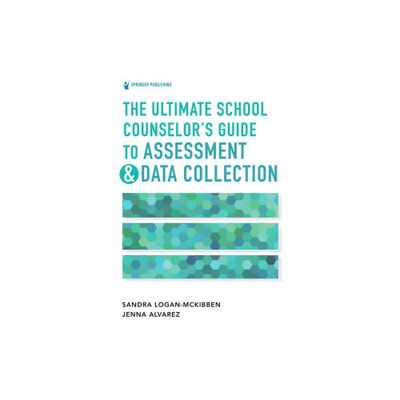Home
Forensic Data Collections 2.0: The Guide for Defensible & Efficient Processes
Loading Inventory...
Barnes and Noble
Forensic Data Collections 2.0: The Guide for Defensible & Efficient Processes
Current price: $34.95


Barnes and Noble
Forensic Data Collections 2.0: The Guide for Defensible & Efficient Processes
Current price: $34.95
Loading Inventory...
Size: Audiobook
*Product Information may vary - to confirm product availability, pricing, and additional information please contact Barnes and Noble
Modern day investigations frequently require the identification, preservation, and collection of electronic evidence from a variety of data sources. The field of digital forensics is constantly evolving, and it is vital for all parties involved to work together to understand where relevant data is stored, and how it can be accessed and collected, in a forensically sound manner that is defensible and efficient.
Aspiring forensic practitioners, investigators, and even those who have experience with eDiscovery as an attorney, litigation support specialist, or professional services provider, are provided a clear and concise understanding of what to expect, and what may need to be asked of the parties involved, when encountering today's most common data sources during an investigation:
Computers
Email
Network File Shares
Mobile Devices
Databases
Cloud Storage Services
Social Media Sites
Learn about the different types of methodologies that forensic practitioners utilize, the various documentation that is generated, and important considerations related to planning and performing forensic data collections. An extensive Knowledge Assessment is included to evaluate the reader's understanding of the topics covered.
Aspiring forensic practitioners, investigators, and even those who have experience with eDiscovery as an attorney, litigation support specialist, or professional services provider, are provided a clear and concise understanding of what to expect, and what may need to be asked of the parties involved, when encountering today's most common data sources during an investigation:
Computers
Network File Shares
Mobile Devices
Databases
Cloud Storage Services
Social Media Sites
Learn about the different types of methodologies that forensic practitioners utilize, the various documentation that is generated, and important considerations related to planning and performing forensic data collections. An extensive Knowledge Assessment is included to evaluate the reader's understanding of the topics covered.


















